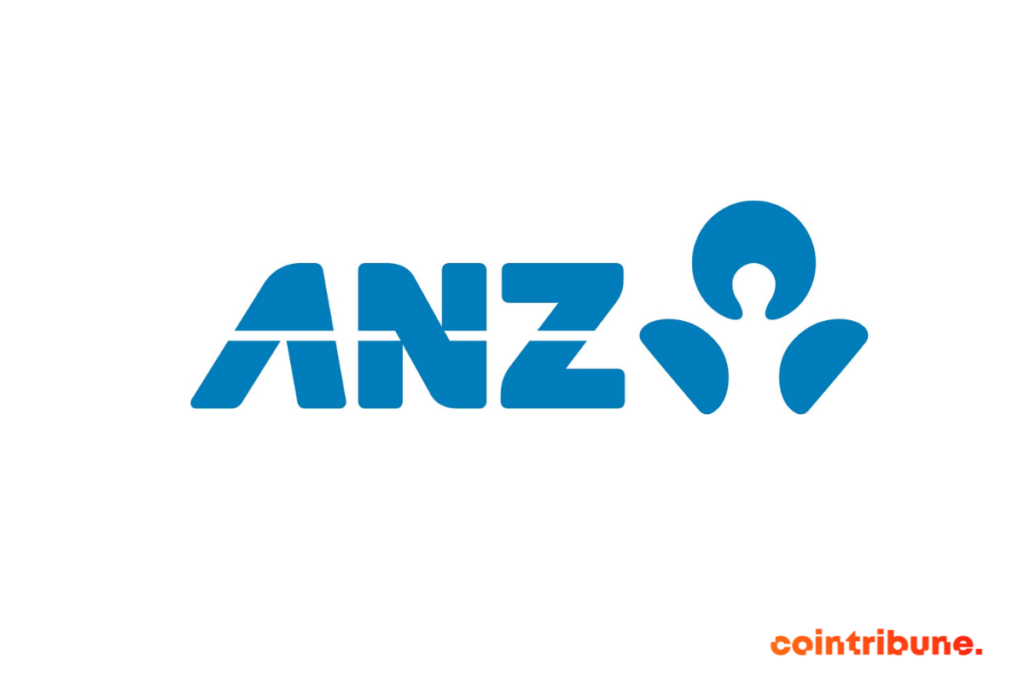Leading Australian bank @ANZ_AU successfully demonstrates how #Chainlink CCIP enables cross-chain tokenized asset settlement.
— Chainlink (@chainlink) September 14, 2023
Nigel Dobson, ANZ's Banking Services Lead, explains why institutions are becoming increasingly interested in blockchain technology:… pic.twitter.com/syCzxIh7u7
A
A
Australia Chooses Chainlink Crypto for Tokenization
Tue 19 Sep 2023 ▪
4
min read ▪ by
Getting informed
▪
Summarize this article with:
Tokenization of real-world assets is already a reality. The days of procrastination are over. The Australia and New Zealand Banking Group (ANZ), one of Australia’s four largest banks, has just completed its first transfer of tokenized assets. For the crypto ecosystem, this is a victory worth celebrating. Made possible by Chainlink’s cross-chain interoperability protocol, this initiative officially ushers in the era of fusion between the crypto world and that of traditional finance.

In brief:
- ANZ, one of Australia’s leading banks, partners with Chainlink to successfully complete its first tokenized asset purchase,
- Using Chainlink’s protocol, ANZ confirms the reliability of tokenized asset transactions between different blockchains.
ANZ joins forces with Chainlink for asset tokenization
Between the crypto ecosystem and the traditional financial system, the boundaries are blurring, and the giants of traditional finance have understood this. The announcement made by ANZ on X this Wednesday provides ample proof of this.
ANZ, which abolished cash a few months ago, has just successfully completed a test purchase of tokenized assets. It used A$DC, its stablecoin backed by the New Zealand dollar.
The test was carried out using Chainlink’s Cross-Chain Interoperability Protocol (CCIP), which is currently the standard for blockchain interoperability. The aim was to verify the reliability and security of real-world tokenized asset transactions between open and private blockchains.
ANZ is now delighted to finally have the solution for tokenizing real-world assets with Chainlink. It is also determined to continue the adventure with a “test and learn” approach.
The success of the test has allayed fears linked to the idea of rolling out retail CBDCs. The bank should soon be able to connect stablecoins, tokenized bank deposits and CBDCs.
The world’s major financial institutions fall for tokenization
Tokenization is starting to catch on, and there’s no end in sight. According to recent statistics, almost 93% of institutional investors believe in the long-term value of tokenized assets.
For its part, Chainlink, a benchmark in interoperability, indicated on X that it “built on the lessons learned” from its alliance with Swift.
Last June, Swift initiated an interoperability project to promote the purchase of tokenized assets. The project also aimed to test the limits of blockchain interoperability. Several of the world’s leading financial institutions took part in the project.
These included BNP Paribas, Lloyds Banking Group, Euroclear, BNY Mellon, Depository Trust and Clearing Corporation, Clearstream, ANZ and many other big names.
One thing’s for sure: ANZ isn’t stopping there. The head of ANZ’s banking services portfolio, Nigel Dobson, reiterated this. On X, he says that the bank will continue to “explore the use of decentralized networks” and “look at enterprise-ready use cases”. So, get ready: by 2030, the world of finance will have a whole new face.
Maximize your Cointribune experience with our "Read to Earn" program! For every article you read, earn points and access exclusive rewards. Sign up now and start earning benefits.
A
A
Diplômé de Sciences Po Toulouse et titulaire d'une certification consultant blockchain délivrée par Alyra, j'ai rejoint l'aventure Cointribune en 2019. Convaincu du potentiel de la blockchain pour transformer de nombreux secteurs de l'économie, j'ai pris l'engagement de sensibiliser et d'informer le grand public sur cet écosystème en constante évolution. Mon objectif est de permettre à chacun de mieux comprendre la blockchain et de saisir les opportunités qu'elle offre. Je m'efforce chaque jour de fournir une analyse objective de l'actualité, de décrypter les tendances du marché, de relayer les dernières innovations technologiques et de mettre en perspective les enjeux économiques et sociétaux de cette révolution en marche.
DISCLAIMER
The views, thoughts, and opinions expressed in this article belong solely to the author, and should not be taken as investment advice. Do your own research before taking any investment decisions.